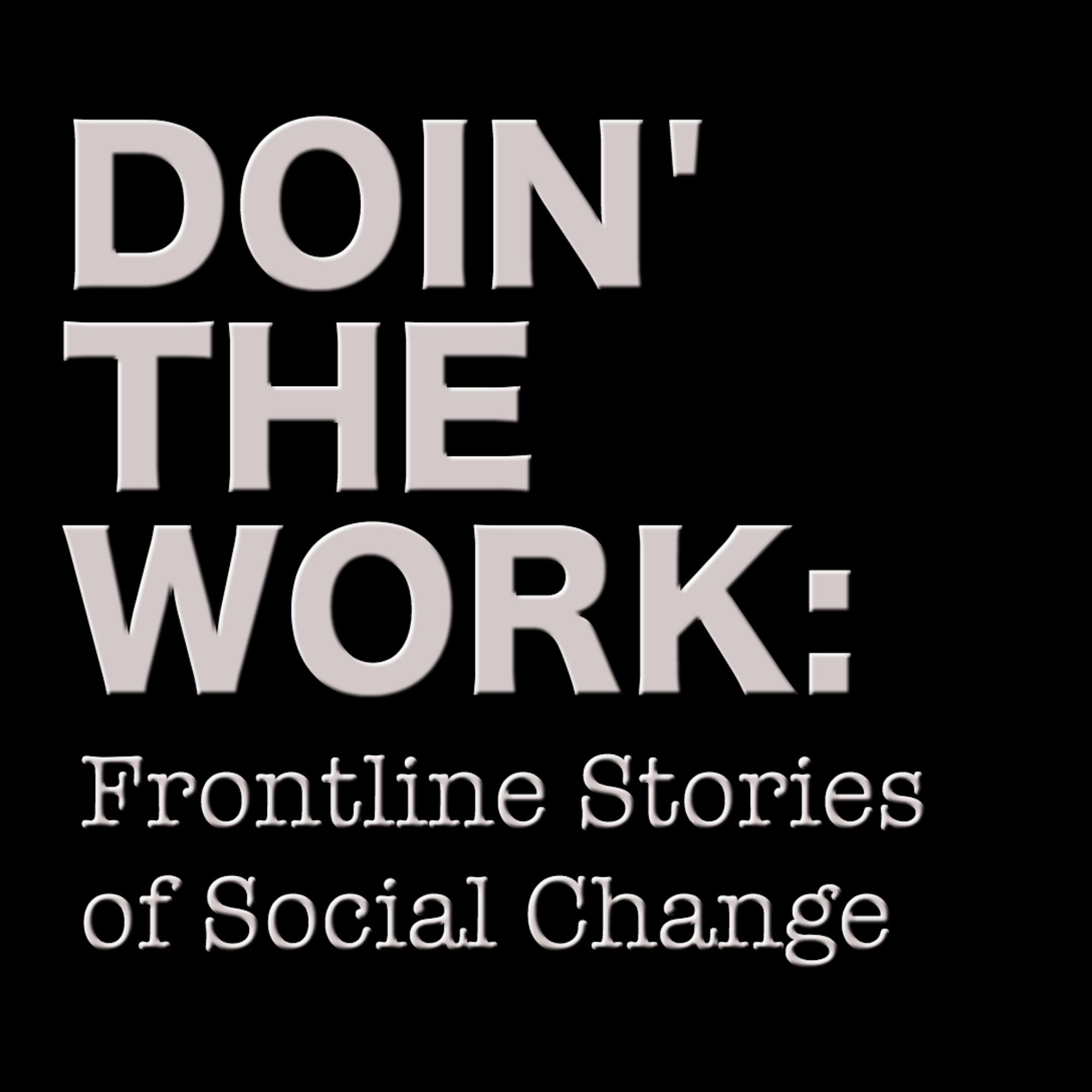Racial Equity in Psychiatry and Mental Health – Jessica Isom, MD, MPH
Description
Episode 53
Guest: Jessica Isom, MD, MPH
Host: Shimon Cohen, LCSW
www.dointhework.com
Listen/Subscribe on: Apple Podcasts, YouTube, Stitcher, Spotify
Instagram | Facebook | LinkedIn
Join the mailing list
Support the podcast
Download transcript
If you enjoy what we talk about on the podcast, check out the learning community we're building at dointhework.com. It's a space for connection, reflection, and justice-centered learning—for social workers, therapists, educators, and advocates committed to building a more just world. We offer continuing education courses taught by professionals in the field who are doin' the work—so you can earn CEs while engaging with inclusive, anti-oppressive content. We hope to see you there!
Are you a fully-licensed clinician interested in private practice? Alma and Headway make it super easy! I’ve been using them to manage my private practice. Both handle insurance credentialing and provide you with an electronic health record. If you are interested in learning more, use my referral links for each and they will contact you.
Alma
Headway
In this episode, I talk with Dr. Jessica Isom, a board-certified community psychiatrist, who practices clinically in the federally qualified health center Codman Square Health Center in Dorchester, Massachusetts. She is also involved in graduate medical education and health care workforce development in her role as a clinical instructor in the Yale University Department of Psychiatry, which has inspired many invited talks and workshops around social justice and health equity. Additionally, Dr. Isom is a physician-entrepreneur who owns the consulting business Vision for Equity LLC that focuses on Diversity, Equity, and Inclusion (DEI), antiracism, and racial equity. We talk about how in medicine and mental health, race, specifically being Black-identified, is typically discussed as a risk-factor for ill health when racism is the root and primary risk factor. Dr. Isom explains that this approach pathologizes Blackness, as it’s intended to, and directs interventions and treatment in ways that do harm and perpetuate racism by incorrectly explaining health disparities as individual and biological rather than rooted in the systemic racism that creates inequity, stress, barriers to access, poor treatment, and that intersects with many other social determinants of health. She further details how this approach of pathologizing Blackness is deficit focused and promotes a deficit-based ideology and approach to addressing health disparities and the overall well-being of Black people. We talk about how whiteness and Western/Eurocentricity shows up in mental health, including the DSM, and Dr. Isom shares how she navigates this in her clinical work. She also shares her thoughts on Black healing and joy. I hope this conversation inspires you to action.
www.vision4equity.com
X/Instagram/Clubhouse @drjessisommdmph
TikTok @vision4equityllc
LinkedIn www.linkedin.com/in/jessica-elizabeth-isom-md-mph-12ba54a2/
Music credit:
"District Four" Kevin MacLeod (incompetech.com)
Licensed under Creative Commons: By Attribution 4.0 License
http://creativecommons.org/licenses/by/4.0/





